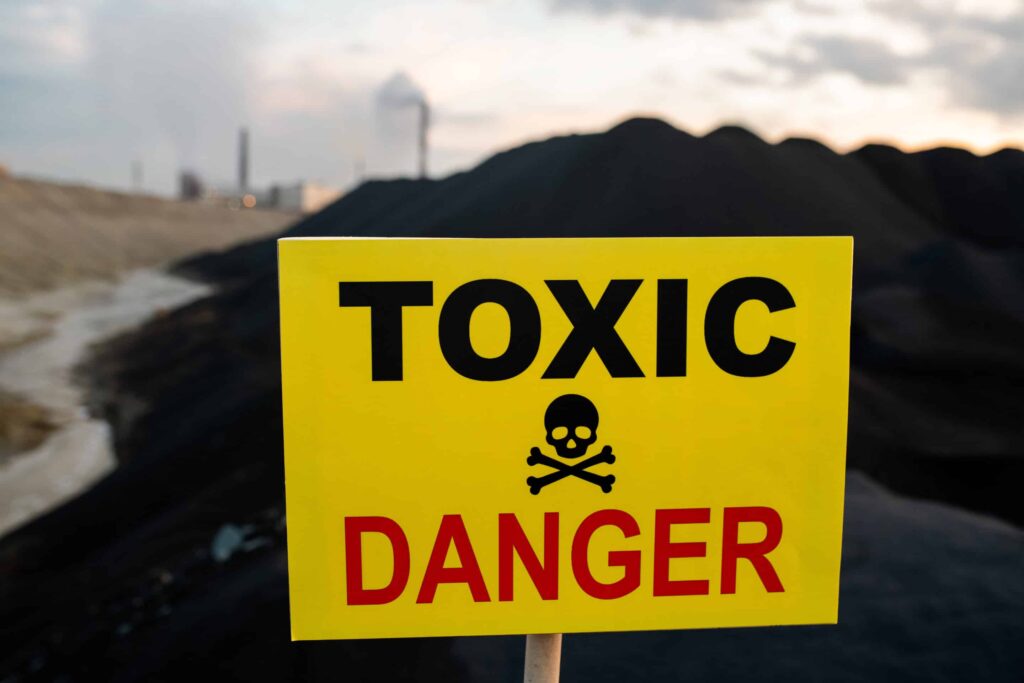When one sustains an injury due to another’s negligence, deciding whether to settle or pursue a lawsuit can be hard. For that matter, here are some considerations that injury victims should weigh when deciding on this case.

Understanding Settlements
A settlement is an agreement between the injury victim and the responsible party. This is usually negotiated by their legal representatives. Settlements can provide a way quicker resolution compared to lawsuits. Other than that, it can also offer several benefits.
Advantages of Settling
- Time and Cost Efficiency – Settling a case can save considerable time and legal expenses. Lawsuits can be prolonged, sometimes taking years to resolve. It can also involve big costs for both parties.
- Certainty of Outcome – A settlement guarantees a specific amount of compensation. This can get rid of the uncertainty associated with a trial. From that, injury victims can get their compensation without the risk of losing in court.
- Privacy – Settlements are usually private agreements, keeping details of the injury and compensation confidential. This can be important for those who prefer to keep their cases out of the public eye.
Disadvantages of Settling
- Lower Compensation – Settlements might result in lower compensation compared to what might be awarded by a jury. This is true if the responsible party’s initial offer is insufficient to cover damages.
- No Admission of Liability – Settlements often include clauses where the responsible party does not admit liability. This can be not enough for those seeking a formal acknowledgment of fault.
The Case for Suing
Filing a lawsuit involves taking the responsible party to court. This is where a judge or jury will determine the outcome. This option can be appealing under certain circumstances.
Advantages of Suing
- Possibility of Higher Compensation – A successful lawsuit might result in a higher compensation award than in a settlement. Juries can award damages for certain losses not typically covered in settlements.
- Public Accountability – A lawsuit can hold the responsible party publicly accountable. This can be important for the victim and may deter future behavior by the defendant.
- Thorough Examination of Evidence – Trials allow for a better presentation of evidence. This might lead to a more just outcome. This can be needed if the case involves disputed facts.
Disadvantages of Suing
- Lengthy and Stressful Process – The legal process involves many steps, including discovery, depositions, and trial. And these can be emotionally and mentally taxing.
- Uncertain Outcome – Unlike settlements, there is no guarantee that the court will rule in the victim’s favor. This can potentially result in no compensation.
- Higher Costs – Lastly, the costs of taking a case to trial can be very high. Legal fees, expert witness fees, and other expenses can add up, sometimes even more than the compensation.






